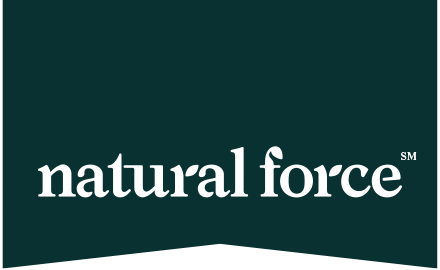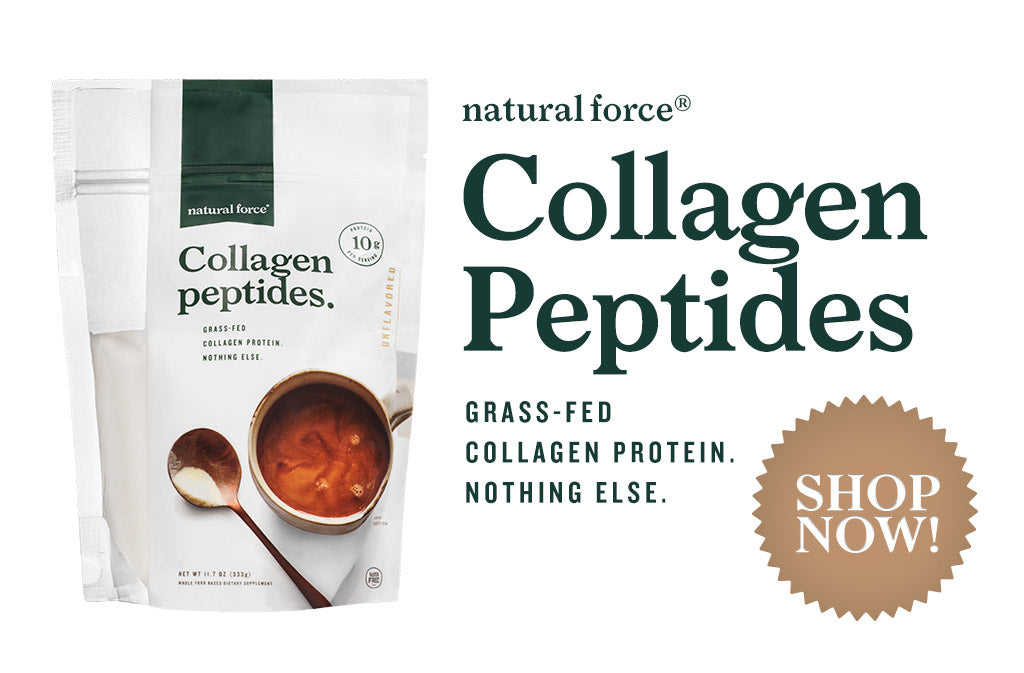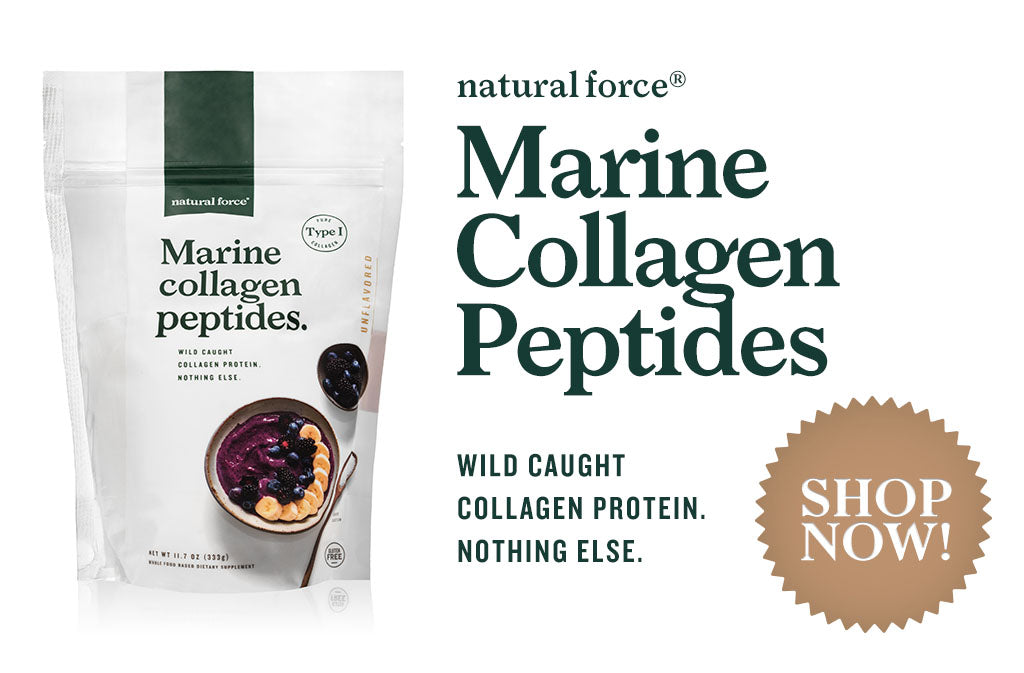Collagen Amino Acids: Glycine, Proline & Hydroxyproline — What You Need to Know

The secret to collagen peptides' ability to keep your skin smooth and your joints flexible lies in collagen's amino acids.
Why the Amino Acid Profile of Collagen Matters for Skin, Joints & Recovery
Collagen’s value isn’t just in being a “protein supplement”—it’s in the unique mix of amino acids it provides. The three most noteworthy are glycine, proline, and hydroxyproline, which together make up a sizeable portion of the building blocks of collagen. These amino acids contribute to the structure, flexibility, and repair capability of your connective tissue, skin, and joints. Knowing how they work and how to support them gives you a strategic edge when choosing a collagen supplement or boosting your diet naturally.
All proteins are made up of building blocks called amino acids. Each protein has a special combination of amino acids - the amino acid profile is what makes beef protein different from pea protein, for example.
Collagen is special because it contains an abundance of three precious amino acids that you won’t find in meaningful amounts in many other foods:
- Glycine
- Proline
- Hydroxyproline (a special amino acid made from proline and lysine)
These three amino acids are the keys to collagen’s anti-aging and flexibility-boosting benefits.
In this article, you will learn:
- How collagen supplements work
- Why are these major amino acids important
- How to choose the best collagen supplement
How Collagen Supplements Work
When you eat collagen (say, bovine collagen or marine collagen), your digestive system breaks it down into amino acids (aka, the building blocks of protein). The amino acids make their way into your bloodstream and travel throughout your body. Where the amino acids end up depends on your body’s needs.
The 3 Major Amino Acids in Collagen
Glycine, proline, and hydroxyproline - the three most plentiful amino acids in collagen supplements - often end up in fibroblasts, special cells in your skin and connective tissue. That’s because your body’s collagen has a nearly identical makeup to the collagen supplements you take. Human collagen is made almost entirely of glycine, proline, and hydroxyproline, in roughly the same ratio you find in collagen supplements.
It's worth noting that glycine, proline, and hydroxyproline have powerful therapeutic benefits when taken individually, but only in really high doses. For instance, glycine may have therapeutic effects on obsessive-compulsive disorder (OCD), but only within the range of about 15-60 grams. That’s the equivalent of 15-20 servings of collagen powder.
It's the combined power of these three amino acids that makes your collagen supplement effective.
When you take collagen peptides, your body disassembles it into plentiful raw materials and then quickly uses those materials to build your own collagen. Collagen supplements also increase elastin, another compound that maintains moisture and elasticity in your skin and joints.
No surprise, then, that taking collagen daily makes skin more elastic and hydrated, and decreases visible wrinkles, or that taking collagen reduces activity-related joint pain in athletes.
How to Choose the Best Collagen Supplement
When choosing your collagen protein, always check to see if it’s hydrolyzed collagen (also called “collagen peptides”). Hydrolyzed collagen is partially broken down already. It’s easier to digest, which means you get maximum access to glycine, proline, hydroxyproline, and the other precious amino acids in collagen. Intact collagen resists digestion, preventing you from using all of its nutrients.
Other things to look out for when choosing a collagen supplement:
- Look for those top three amino acids (glycine, proline, and hydroxyproline) on the label.
- In fact, choose brands that are transparent about their product’s entire amino acid profile. Ideally, each amino acid will be listed on the label.
- Always opt for collagen from grass-fed cows or sustainably sourced (non-GMO, wild-caught) fish.
- Always go for 100% pure collagen peptides – no added flavors, dyes, or preservatives.
Frequently Asked Questions (FAQ)
- Which amino acids in collagen are most important and why? The standout trio is glycine (supports tight triple‑helix formation and skin/gelatin structure), proline (key for connective tissue repair), and hydroxyproline (a modified amino acid unique to collagen’s stability).
- Is collagen a complete protein, and does that matter? No—collagen lacks the essential amino acid tryptophan, making it an incomplete protein. While this doesn’t invalidate its benefits, it means you should complement collagen with other proteins if you are using it to meet overall protein needs.
-
How much collagen (or those amino acids) should I take daily, and are there risks? There’s no universal dose for those specific amino acids alone, but many collagen peptide studies use ~10–20 g per day. Always follow supplement instructions, and if you have kidney or connective‑tissue disorders, check with a healthcare professional.
Check out our complete guide to collagen supplements to find out which type of collagen is best for you. Or, if you’re jumping to try collagen right now, pick up some of our Organic Grass-fed Collagen Peptides or wild-caught Marine Collagen today!
(Want to get articles like this by email? Here's the sign up)


